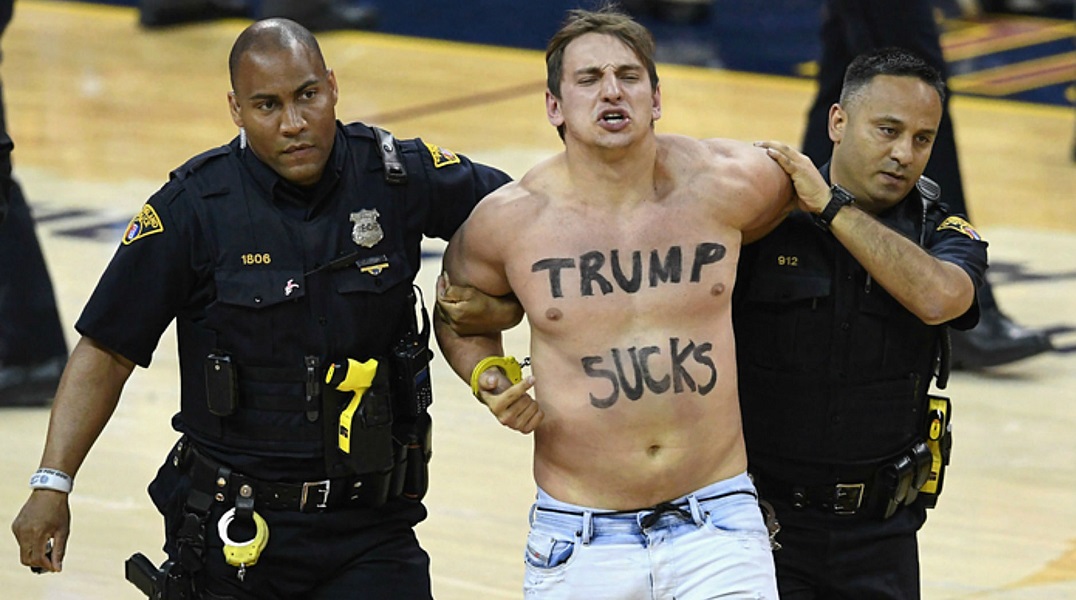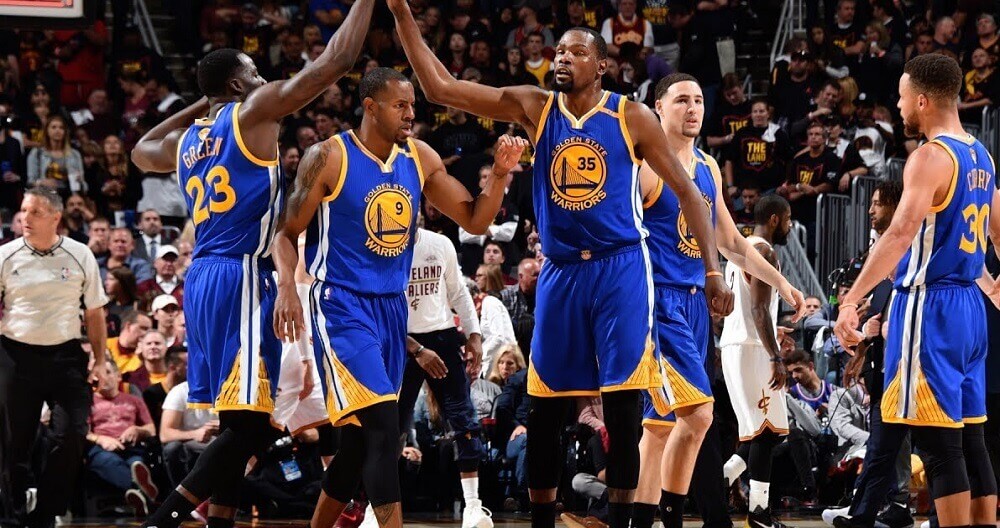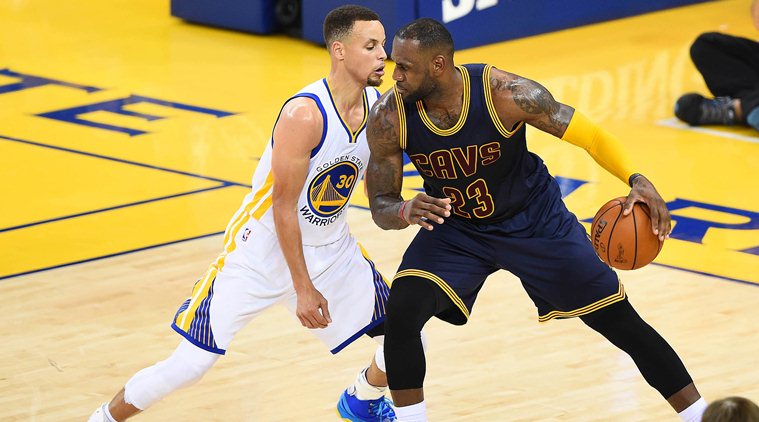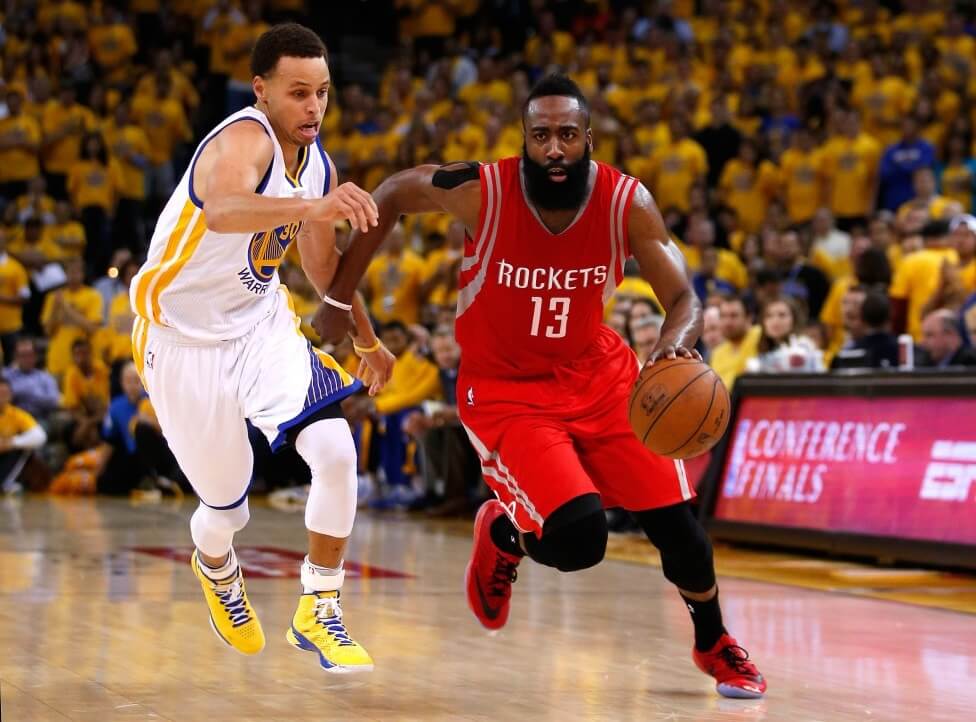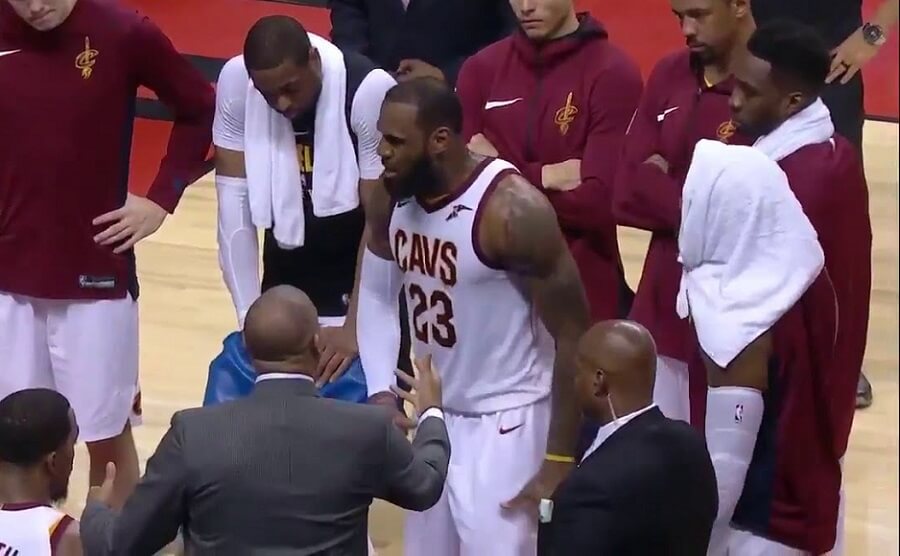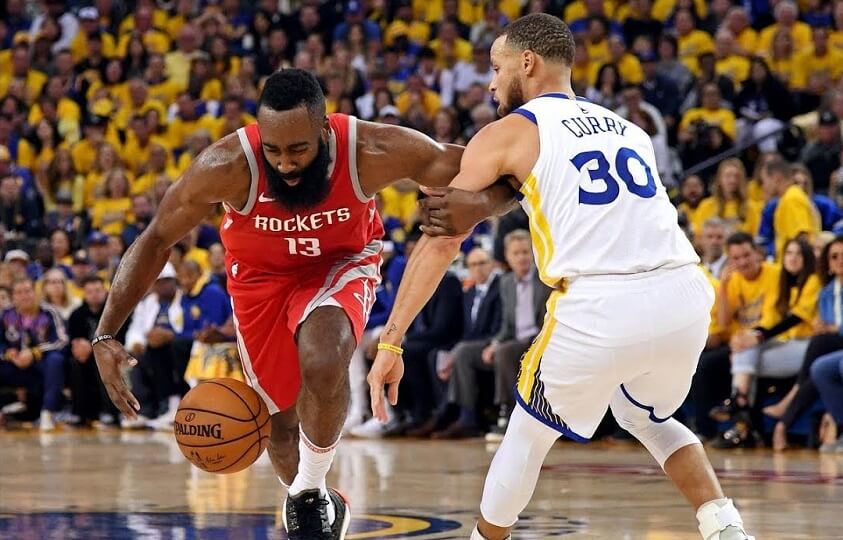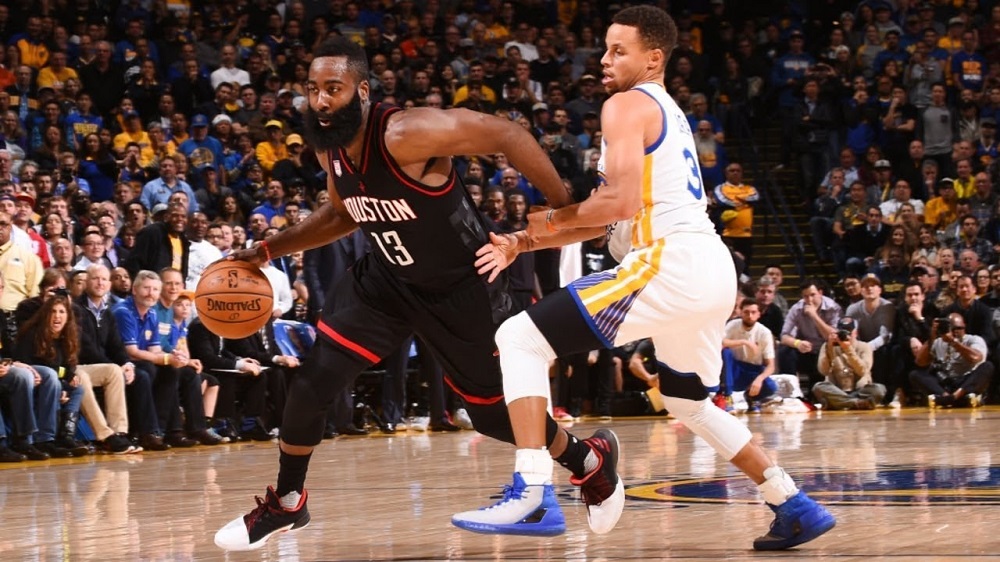NBA’s status on Trump’s immigration policy
NBA Update: President Donald Trump’s executive order that, among other things, temporarily blocks immigration from seven “countries of concern”—Iran, Iraq, Libya, Somalia, Sudan, Syria and Yemen—poses far-reaching consequences for American businesses with employees who are citizens of one of those countries. One such business is the NBA, which has reached out to the U.S. State Department for clarification on how to interpret and implement rapidly changing U.S. immigration laws.
The executive order and its questionable legality
On Friday, President Trump signed the “Protecting the Nation from Foreign Terrorist Entry into the United States” executive order. An executive order is a legally binding directive made by the President on behalf of the White House and federal agencies. Whether issued by a President who is a Republican or a Democrat, executive orders often attract controversy. This is mainly because executive orders bypass Congress and the legislative process, which is a much more deliberative and transparent enterprise than the informal and often opaque channels utilized in executive order making. The legislative process, for instance, affords an opportunity for public hearings and recorded testimony by experts, impacted citizens and other interested parties. The legislative process also requires both Houses of Congress to pass a bill prior to the President deciding on whether to sign it into law.
President Trump’s immigration executive order is especially controversial because of its scope and design. To illustrate, the order could last for an indefinite period of time. While the order stipulates an initial 90-day window in regards to citizens from the seven “countries of concern,” the order stresses that such a window could be prolonged, without apparent limit. The order also extends to a very broad category of persons. Indeed, persons who hold dual nationality with one of the seven countries fall under its purview. This is true even if those persons travel on passports issued by countries closely aligned to the U.S. and even if those persons no longer live or even travel in a “country of concern”—this is an important point given that most people do not formally renounce the citizenship of their country of birth. Further, the list of seven countries is not fixed: more countries could be added depending on information shared (or not shared) by foreign governments with the Department of Homeland Security about their citizens who travel to the U.S.
A particularly divisive aspect of Trump’s executive order is its relationship to religious classification. The seven countries selected were, obviously, not randomly picked. In fact, the list is not even from the Trump White House: in February 2016, the Department of Homeland Security, under President Barack Obama, added Libya, Somalia and Yemen to its list of countries of concern (Iran, Iraq, Sudan and Syria were already on that list). These seven countries are majority-Muslim, which raises a legal problem for Trump in banning immigration from those seven countries but not from others.
Under the First Amendment’s “Establishment Clause,” the government cannot unduly favor one religion. While the White House stresses that the list of seven countries was crafted by the Obama administration and is premised on security interests rather than religious preference—indeed, a number of other countries with predominantly Muslim populations are not on the list—the order’s apparent relationship to religion is strengthened by it expressly giving preference to persons in those countries who are in a “religious minority . . . facing religious persecution.” Critics charge the phrase “religious minority” is a veiled term for one particular religion, Christianity. President Trump’s own words may validate that interpretation. In an interview with the Christian Broadcasting Network, Trump discussed how he plans to use the minority religion exception to protect Christians.
Portions of the executive order suffered a legal defeat Saturday evening. U.S. District Judge Ann Donnelly issued an emergency order temporarily staying (halting) deportation of hundreds of refugees and visa holders from countries of concern who are currently being detained in U.S. airports. Judge Donnelly reasoned that such deportation would violate those persons’ due process and equal protection rights as guaranteed by the Fifth and Fourteenth Amendments to U.S. Constitution (multiple U.S. Supreme Court decisions have held those Constitutional rights generally extend to non-citizens in the U.S. – for a fuller discussion on that topic, I recommend reading constitutional law expert John Greabe’s recent Concord Monitor column.
While Judge Donnelly’s stay is a significant political defeat for the White House and is welcome news to persons who no longer face imminent deportation, its legal impact is uncertain. The stay does not eliminate or deem unconstitutional the executive order, which has not been rescinded by President Trump. The stay is also temporary and will likely be reviewed by other courts. Further, the stay does not apply to affected persons who are outside the U.S. and who would like to return to the U.S. Those persons’ ability to re-enter the U.S. will be assessed by the Department of Homeland Security on a “case-by-case” basis.
In a move likely designed to temper growing criticism of the executive order, Homeland Security Secretary John Kelly late Sunday issued a waiver directive in regards to his department’s case-by-case analysis. The waiver creates a presumption in favor of Homeland Security officials permitting the return of permanent residents who are currently outside of the U.S.
The NBA and concerns of immigration inadmissibility
Like other pro leagues, the NBA has a significant percentage—about 29%—of players who are foreign born. Some of those players have sought and obtained U.S. citizenship, but many are in the United States on green cards (permanent residents) or employment-based immigration visas. Several are from “countries of concern.” Milwaukee Bucks power forward Thon Maker, for example, was born in Sudan. He was born in Wau, a city that became part of a seprate country, South Sudan, 2011. Maker reportedly has dual citizenship. While he travels with an Australian passport, Trump’s executive order, as explained above, would still apply to Maker if his Sudanese citizenship remains. Likewise, Los Angeles Lakers small forward Luol Deng is from Sudan and, like Maker, has dual citizenship (Great Britain).
While no NBA player affected by the executive order is subject to deportation, the capacity of any such player to leave the U.S. and re-enter is now in jeopardy. The order may make such as a player “inadmissible”. This means he could remain in the U.S., but if he leaves during the 90-day period he may not be able to re-enter until the prohibited period has expired. Deng and potentially Maker’s capacities to re-enter the U.S. would, like other persons in their position, be contingent upon the results of an uncertain “case-by-case” evaluation as directed by the Department of Homeland Security. As a result, if Maker or Deng was expected to travel with his team to play the Toronto Raptors, either player may encounter significant problems in trying to return to the U.S.
As of now, Maker and Deng’s NBA travel worries are more theoretical than actual. Neither the Bucks nor the Lakers will play in Toronto during the remainder of the 2016-17 regular season. Also, barring unforeseeable events, Deng and the 16-34 Lakers won’t make the playoffs. However, it’s possible that the Lakers could trade Deng to a playoff bound team before the Feb. 23 NBA trade deadline.
In addition, the odds that Maker’s Bucks play the Raptors in the playoffs are not remote. The Bucks are currently in 9th place in the Eastern Conference, a game-and-a-half behind the Chicago Bulls and Charlotte Hornets, which are tied for the 7th and 8th slots. Meanwhile, the Raptors are one of the best teams in the NBA, holding 2nd place in the Eastern Conference. It is certainly possible that the Bucks land the 7th seed and square off against the Raptors in the first round of the playoffs. This would present a potential problem for Maker, the Bucks and the NBA: the NBA playoffs are scheduled to begin on April 15, which is 76 days from today and thus within the 90-day prohibited window stipulated by Trump’s executive order.
Immigration concerns are not just for the NBA
To be clear, the issues presented by Trump’s immigration executive order are far more consequential and life altering to persons who are not millionaire NBA players. Over the last 24 hours we have seen numerous news accounts of ordinary people impacted by this executive order. Some of those persons are dependent on attorneys working “pro bono” (from the Latin term “pro bono public,” meaning “for the public good” and thus for no charge). An NBA player, in contrast, will have the considerable power of the league and an NBA team—and their legal teams—to advocate on his behalf.
The purpose of this article is not to ignore more socially meaningful perspectives, but rather to focus on a narrow issue: how Trump’s immigration executive order immediately impacts the NBA. The order, of course, is poised to impact players in other pro leagues as well as college athletes. Further, as explained above, the order could eventually extend well beyond 90 days and be expanded to include citizens of many other countries. But given that the NBA’s regular and post seasons fall within the 90-day window, the executive order is an instant and pressing concern for the league.
Like other parts the country’s legal framework, there is currently significant disruption in immigration law and policy. The NBA and NBPA, like other pro leagues and their respective players’ associations, will need to carefully review how legal and policy changes impact the eligibility of players to enter, leave and re-enter the United States. Expect NBA teams to work closely with immigration attorneys both in the U.S. and Canada to develop best practices. We will closely monitor those developments on The Crossover.
Category: Basketball



